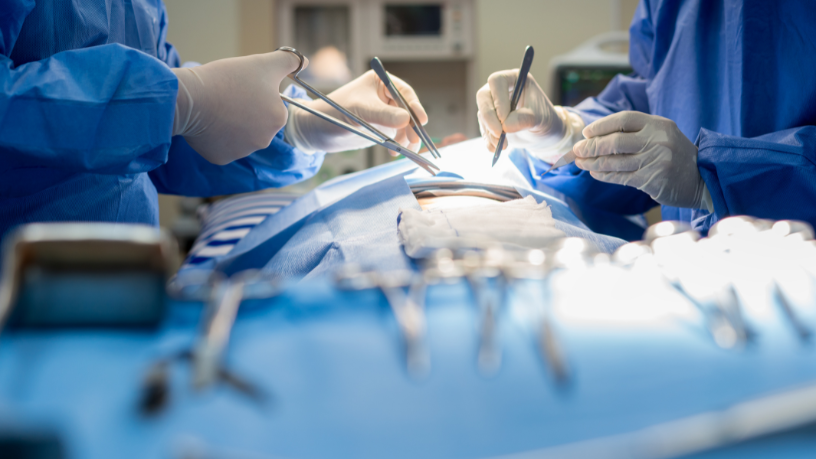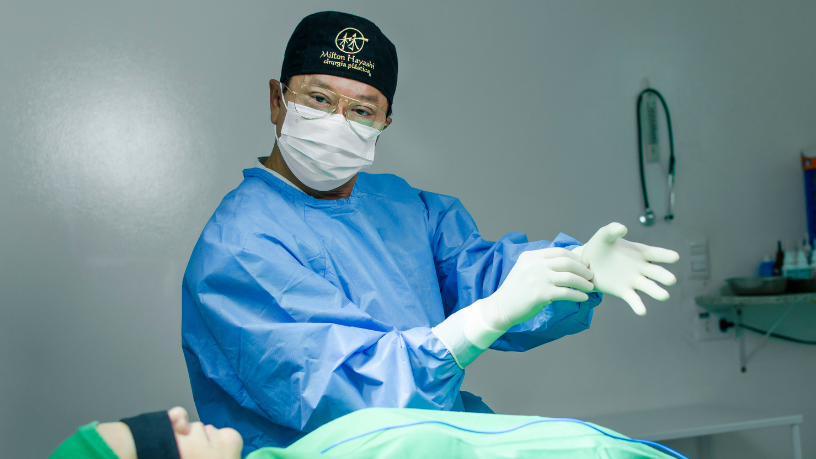According to Milton Seigi Hayashi, physician and plastic surgeon, avoiding complications in plastic surgery is a legitimate concern for those who wish to undergo procedures safely and achieve satisfactory results. Following proper guidelines before and after the operation is crucial to reduce risks and ensure a smoother recovery process. In this article, you will learn the main recommendations to prepare, choose the right professional, and maintain essential post-operative care.
How to Choose the Ideal Plastic Surgeon?
Choosing the right professional is one of the most important steps to avoid complications in plastic surgery. It is essential to verify that the surgeon has recognized specialization and registration with the appropriate medical boards. In addition, analyzing practical experience and seeking references helps increase confidence in the work performed. According to Milton Seigi Hayashi, opting for properly qualified professionals ensures not only better results but also safety throughout the entire surgical process.
Proper preparation is indispensable for the success of any plastic surgery. Patients should complete all requested exams, provide accurate health history, and follow medical guidance regarding medication, diet, and lifestyle habits. Quitting smoking, maintaining a balanced diet, and engaging in regular physical activity significantly contribute to proper healing and the body’s recovery.
What Are the Essential Post-Operative Care Measures?
The recovery period requires discipline and attention. Patients must follow all medical recommendations, such as rest, the use of compression garments, prescribed medication, and attendance at follow-up appointments. Respecting healing time is critical to avoid issues such as wound dehiscence, hematoma formation, and unsatisfactory results.

Among the most common complications are infections, thrombosis, and healing problems. To prevent them, it is necessary to maintain proper hygiene, perform light movements as instructed by the doctor, and monitor any changes in the body. For Milton Seigi Hayashi, immediately informing the surgeon of any unusual symptoms—such as fever, severe pain, or excessive redness—is crucial to allow timely interventions.
What to Consider When Planning Plastic Surgery?
The planning of plastic surgery must be realistic, conscious, and responsible. The first step is to align expectations with the surgeon, clearly understanding what results can be achieved within the limits of the body. This means recognizing that every organism has boundaries and that outcomes vary according to individual factors such as age, genetics, lifestyle, and health history.
Another essential point is acknowledging that plastic surgery is not a magical or instant procedure. While results are visible, they require healing time and post-operative care to be consolidated. Therefore, patients must be prepared to go through the entire process with patience and discipline. Additionally, choosing the ideal timing for surgery should take into account personal and professional aspects.
It is also important to evaluate the emotional impact of the decision. Many seek surgery to improve self-esteem, but motivation must be authentic and not merely the result of external pressures or social comparisons. Having clarity about one’s goals helps avoid frustration and fosters a positive experience. Milton Seigi Hayashi explains that well-informed patients feel more secure and confident to face each stage of the process, from preparation to post-operative follow-up.
Safety First in Plastic Surgery
Avoiding complications in plastic surgery is possible when there is proper preparation, guidance from an experienced professional, and commitment to post-operative care. Following these recommendations ensures not only reduced risks but also the achievement of more harmonious and lasting results. Milton Seigi Hayashi emphasizes that by prioritizing safety at every stage, patients transform the surgical experience into a journey of self-esteem and well-being.
Author: Bergezin Vuc







